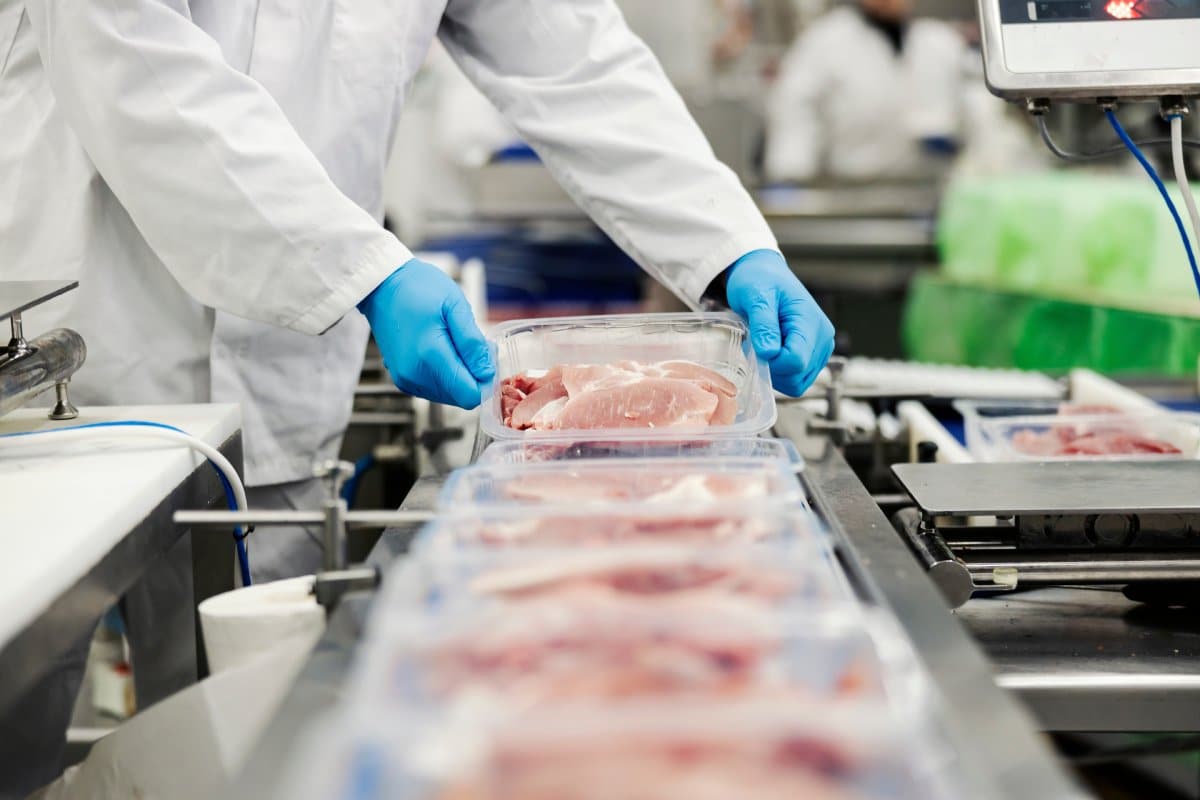New Brexit checks are causing concern about rising food prices. How did this happen?
No News is Good News
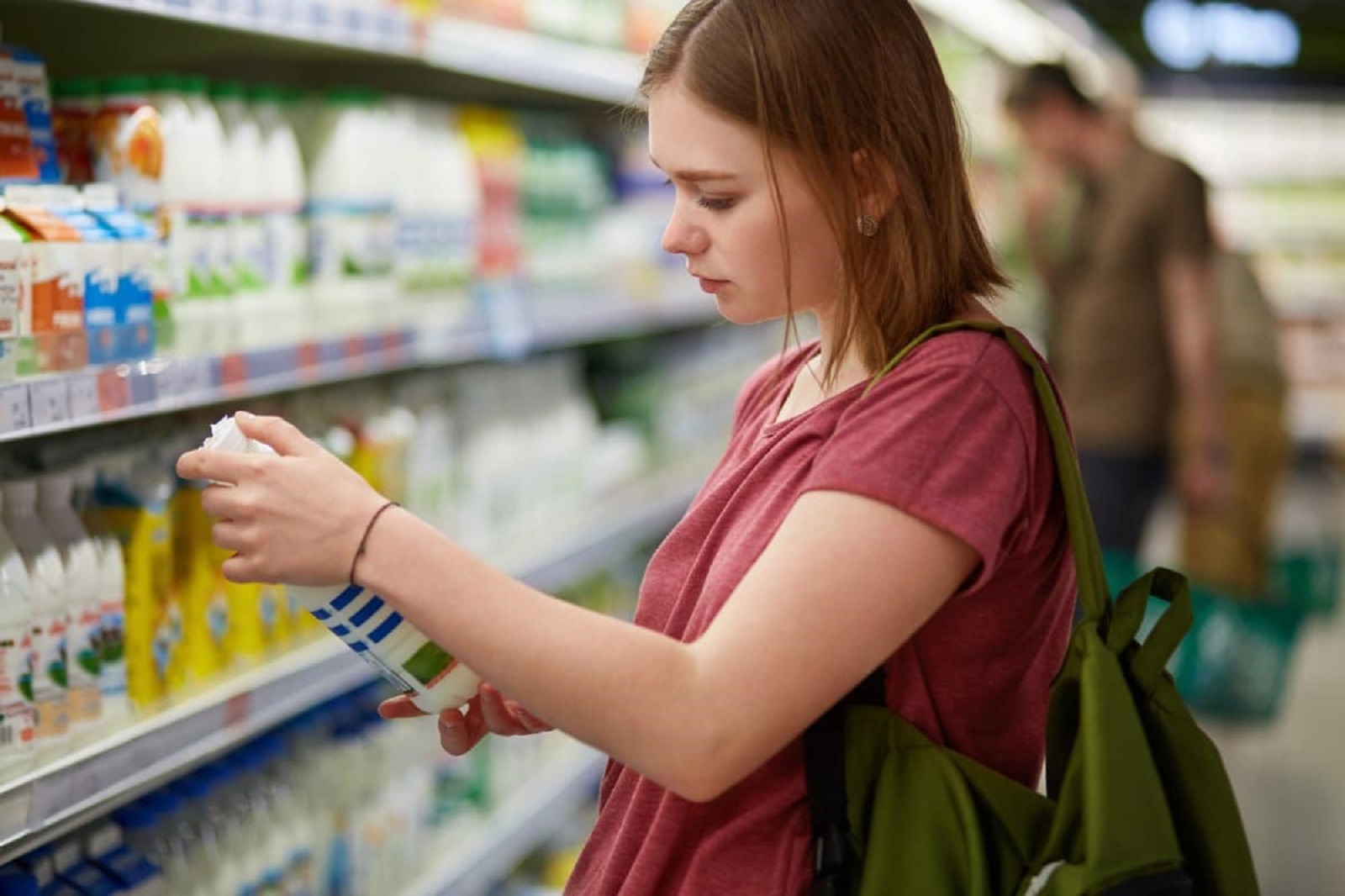
As the UK weathers a cost of living crisis, rampant inflation, and near nonexistent wage growth, consumers would be forgiven for praying for some good news.
Last Minute

However, they would be sorely disappointed, as the government announced at the last minute that new import checks on food would come into force on April 30th.
Brexit Benefits?

The new checks are due to Brexit, with the much-promised benefits of the UK leaving the single market still resolutely failing to appear.
27 Days Notice

Industry insiders are already sounding the alarm at the very short notice for the new checks, just 27 days away at the time of the announcement. Concerns are mounting within the food industry about potential shortages of essential goods and the price hikes that will accompany any shortfalls.
Additional Fees

The industry’s apprehension stems not only from the short notice of the new import controls but also from the additional fees and bureaucratic hurdles imposed on imports, which are expected to affect small suppliers and retailers the hardest.
Abrupt Announcement
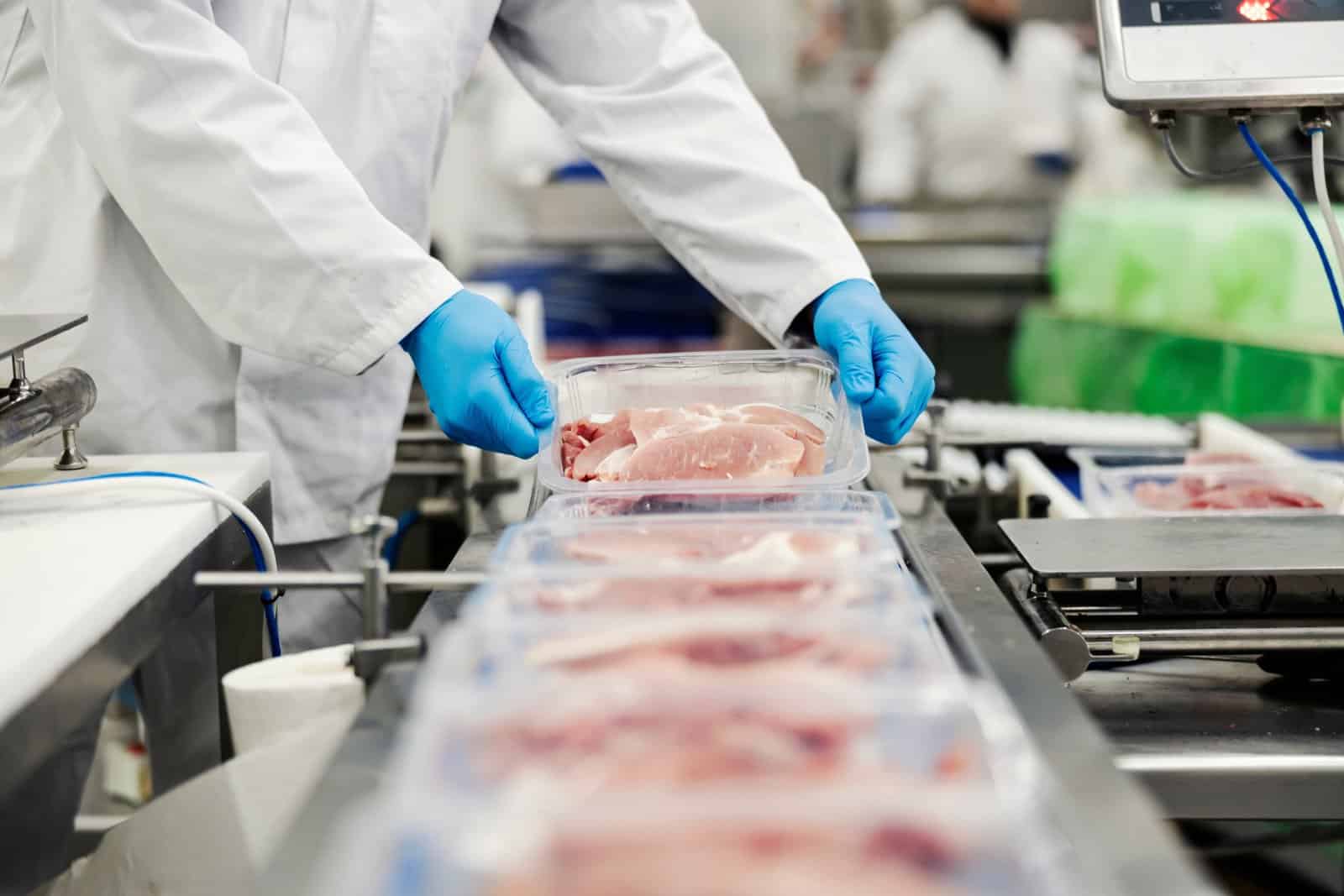
Following the government’s abrupt announcement of import checks with minimal notice, small retailers such as delis and farm shops scramble to secure continued access to products as varied as camembert, steak, tulips, and chives.
Brexit Red Tape

The short timeframe has exacerbated the challenges faced by businesses already reeling from Brexit-related red tape.
Bye Bye Blighty

The imposition of new fees and administrative requirements has prompted some EU exporters to look for better options outside of the UK.
“Common User Charge”

In addition to the several new forms required for importing, including phytosanitary certificates, plant passports, import licences, and export health certificates, a new form will be required for animal products. A new “common user charge” (CUC) of £145 per consignment will also be applied.
Trust Us!

Government officials have repeatedly claimed that this new charge will only cover the cost of the latest facilities and will not add any money to the government coffers.
£60 Million

However, the Cold Chain Federation (CCF), which advocates for UK suppliers, disputes this claim. Their research suggests that the government could earn an extra £60 million. In contrast, the CCF claims that the added bureaucracy and charges will increase the costs of importing food by over £1 billion.
Shutting up Shop

Many smaller cold-chain warehouses and distributors have already ceased operations due to excessive administrative burdens.
Logistical Challenges
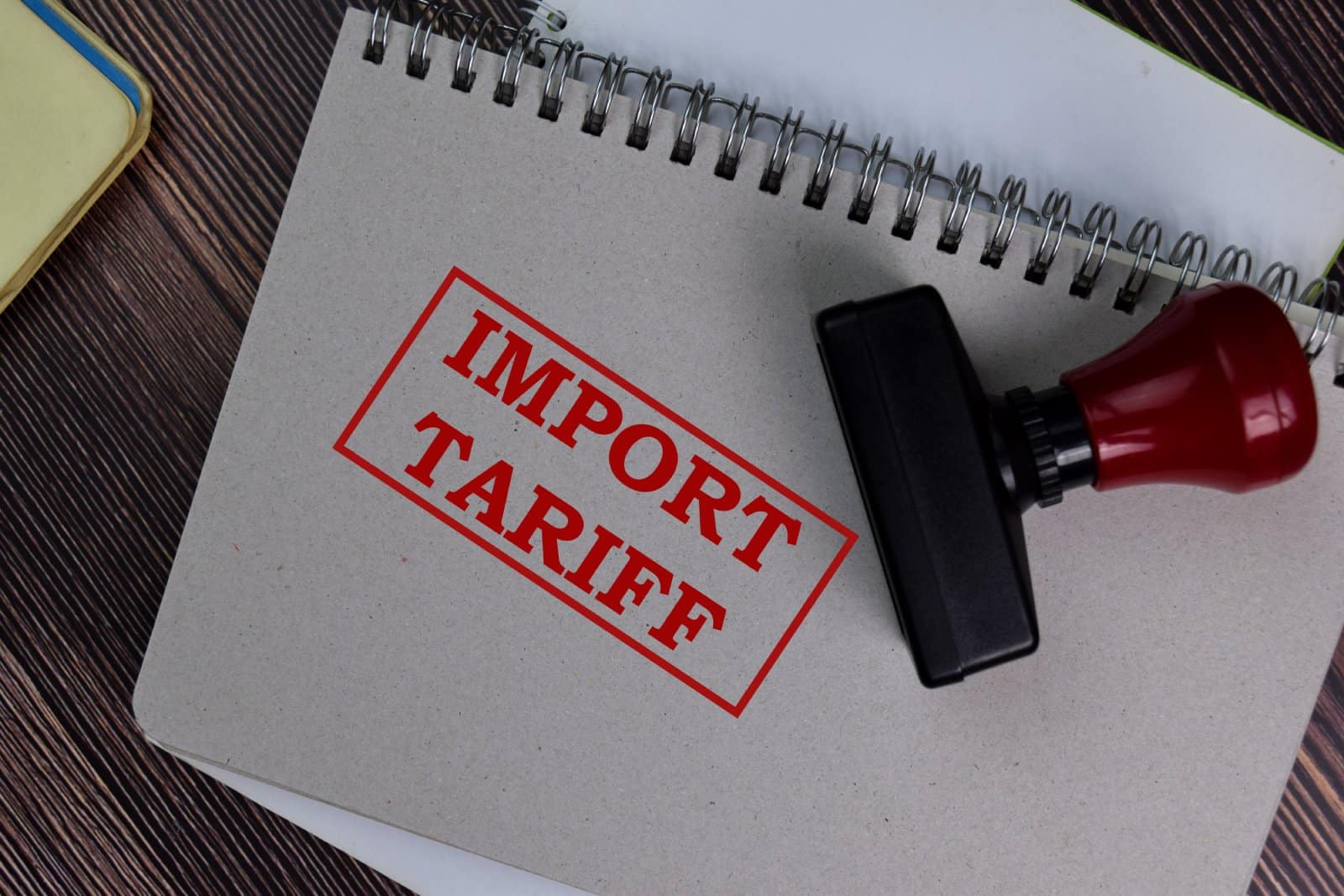
The lack of overnight availability of government inspectors at designated border control sites has added an extra layer of nuisance for importers. It poses logistical challenges for them, which could disrupt the timely delivery of perishable goods.
Fruit Tax
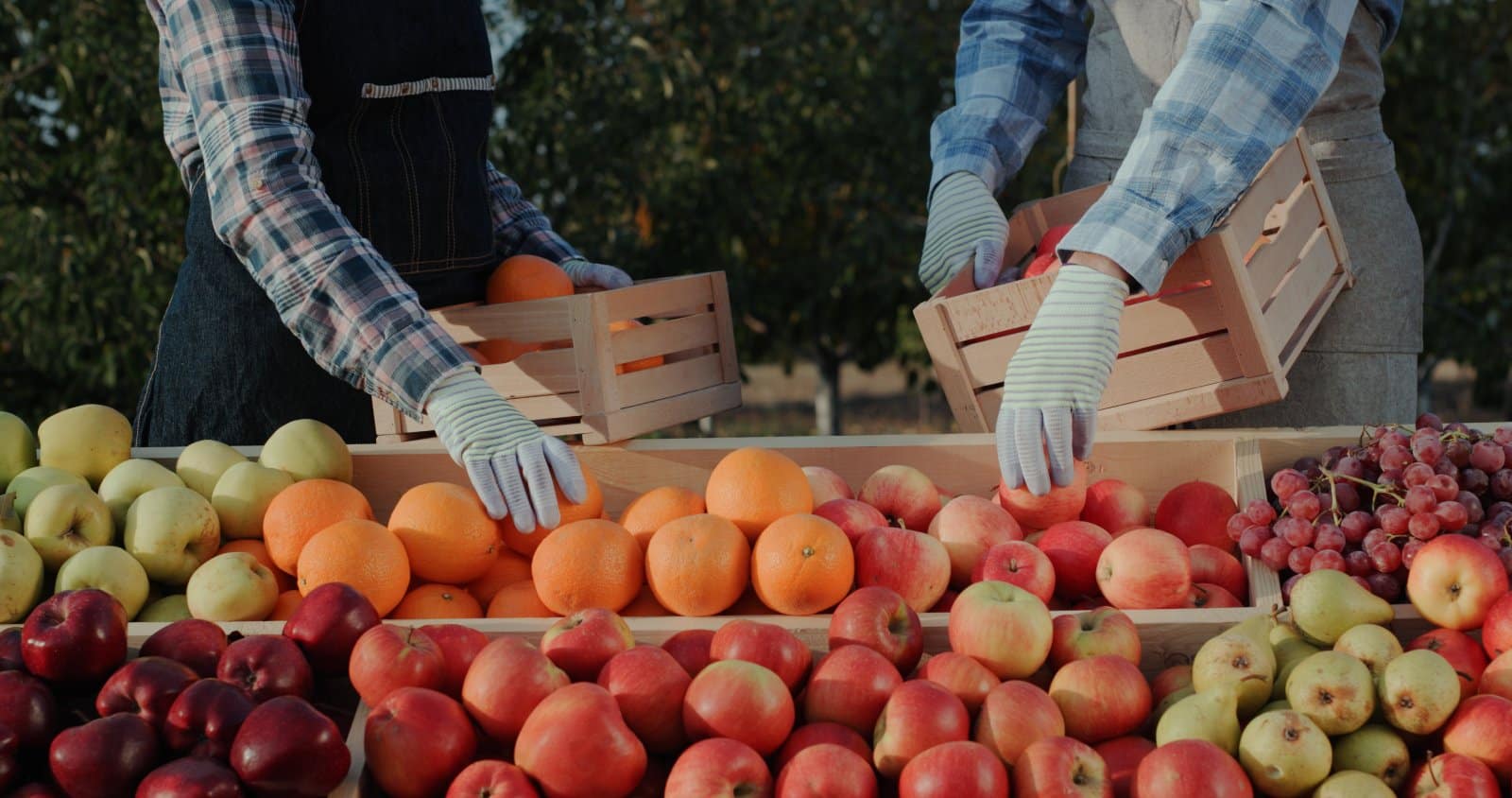
While fresh fruit and vegetables are currently exempt from the new import controls, additional regulations slated for October may further strain supply chains.
Poor Harvest
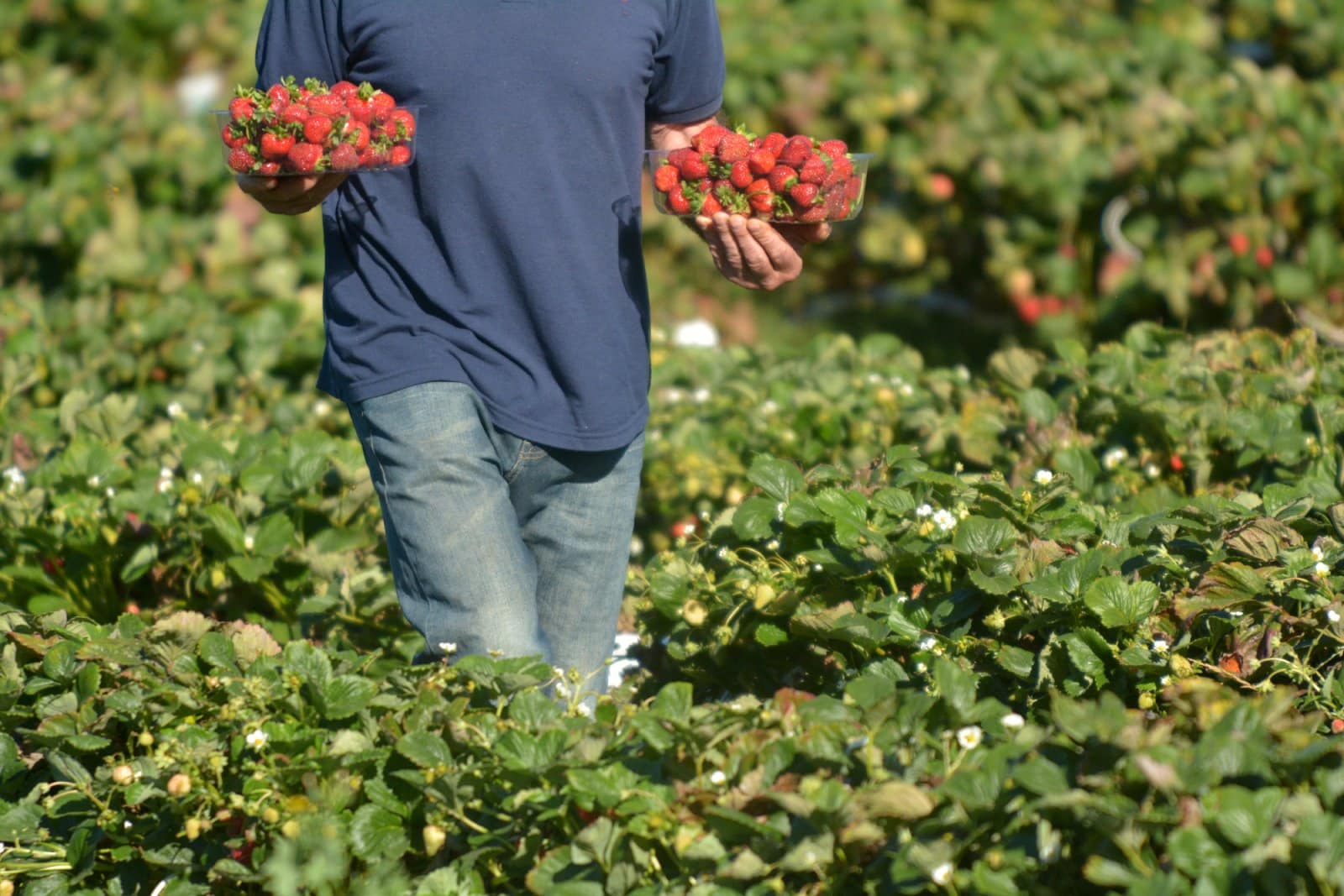
As if the situation were not tricky enough, the UK is poised to be particularly vulnerable to a lack of imported food after British farmers reported that they were expecting an exceptionally poor harvest year due to flooding and heavier-than-expected rainfall.
Lack of Availability, Increased Costs

The implementation of import checks threatens the availability of goods and increases the cost of importing essential commodities. Importers, particularly those dealing with specialised items, face tough decisions as rising fees render specific trade routes economically unviable.
“Not Worth Their While”

People working inside the industry are already speaking out remarkably frankly. Mike Parr, the managing director of a logistics firm, told the Observer, “I think with all specialised deli items, the Italians, French, and Greeks have said it’s not worth their while with these charges.”
“This Will Only Get Worse”

He continued, “Poland is a big blueberry supplier to the UK and they are starting to mention it’s not worth their while any more. It’s starting to happen already, where they can get the same amount of money importing blueberries around Europe so it’s not worth it to send it to the UK. This will only get worse.”
Significant Risks

The new import regime poses significant risks for businesses, particularly in the event of pest detections or shipment losses.
Higher Costs vs Riskier Deliveries
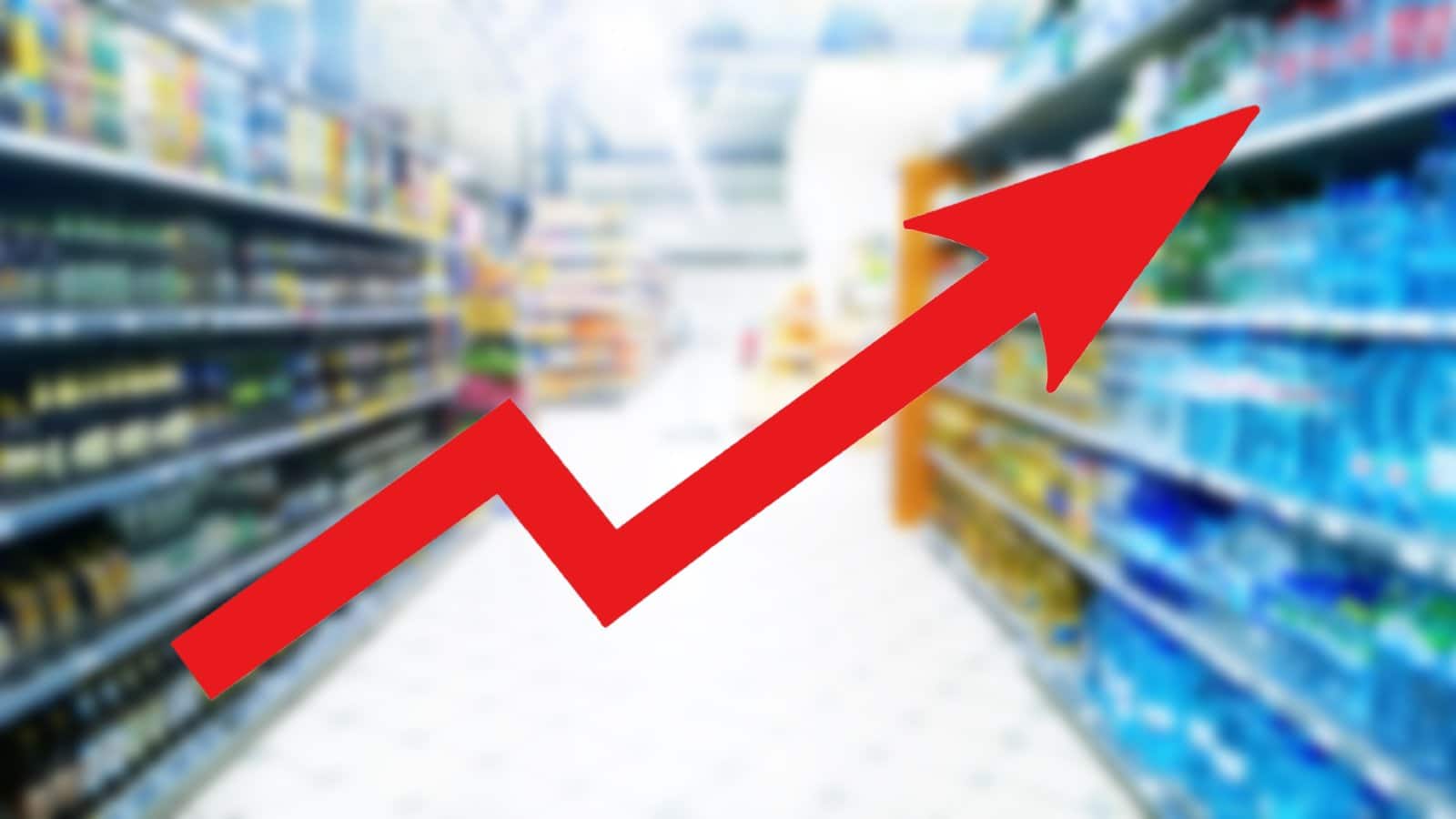
Importers will be faced with the dilemma of either absorbing higher costs for individual consignments or consolidating deliveries to mitigate expenses, albeit at the risk of substantial losses in case of contamination or pest outbreaks.
Bureaucratic Hurdles
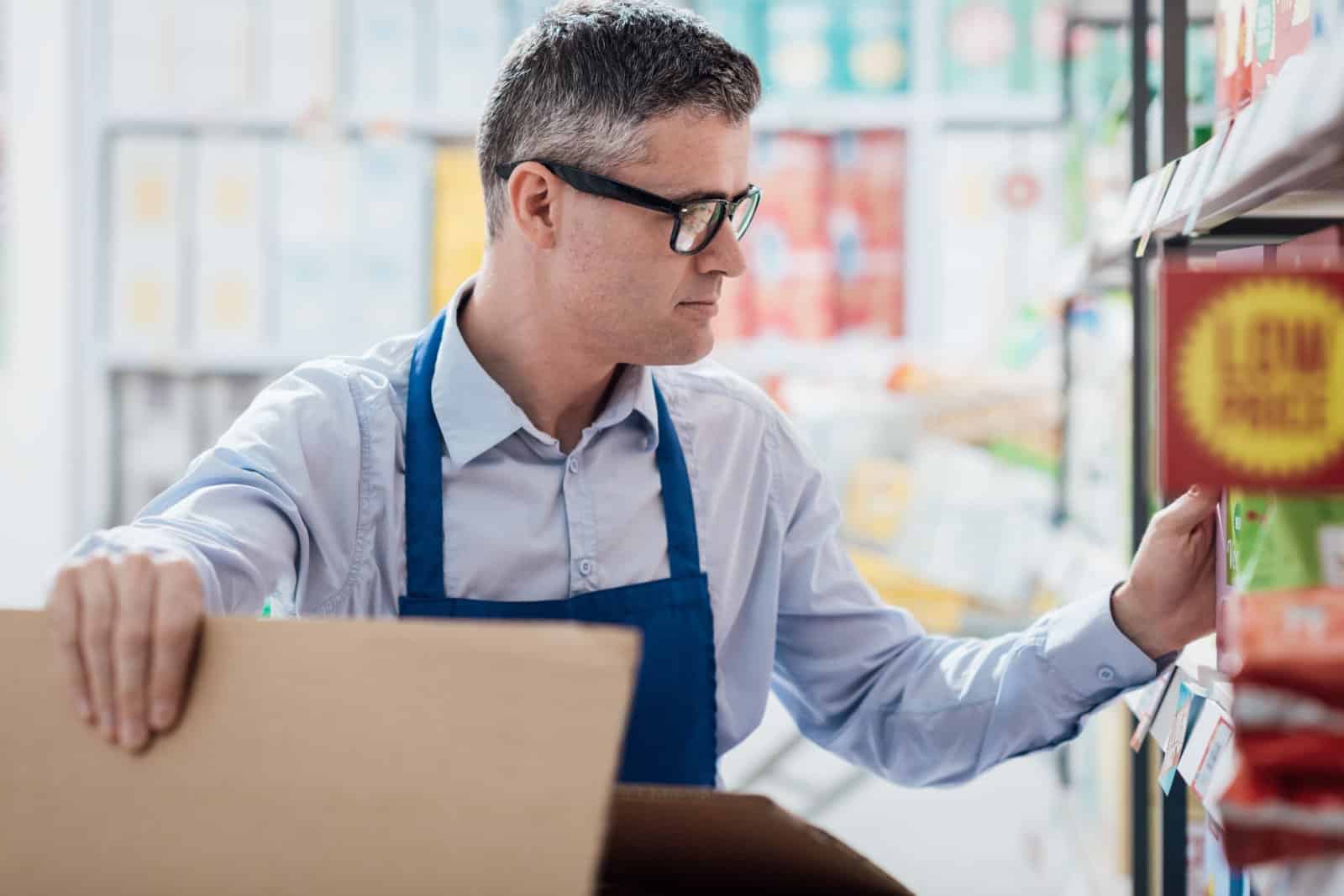
Smaller suppliers and speciality producers face existential threats as the ease and efficiency of trade, once a cornerstone of trade with the UK market, are overshadowed by bureaucratic hurdles and substantial financial disincentives.
“Cap Set Specifically”

A government spokesperson attempted to defend the new rules and charges, stating, “We want to support businesses of all sizes to adapt to the new border checks, and the common user charge follows extensive consultation with industry – with a cap set specifically to help smaller businesses.
“Disease Outbreaks”

They continued, “Our world-class border facilities will provide essential biosecurity checks to protect our food supply, farmers and environment against costly disease outbreaks entering the UK through the short straits.”
Food Poverty
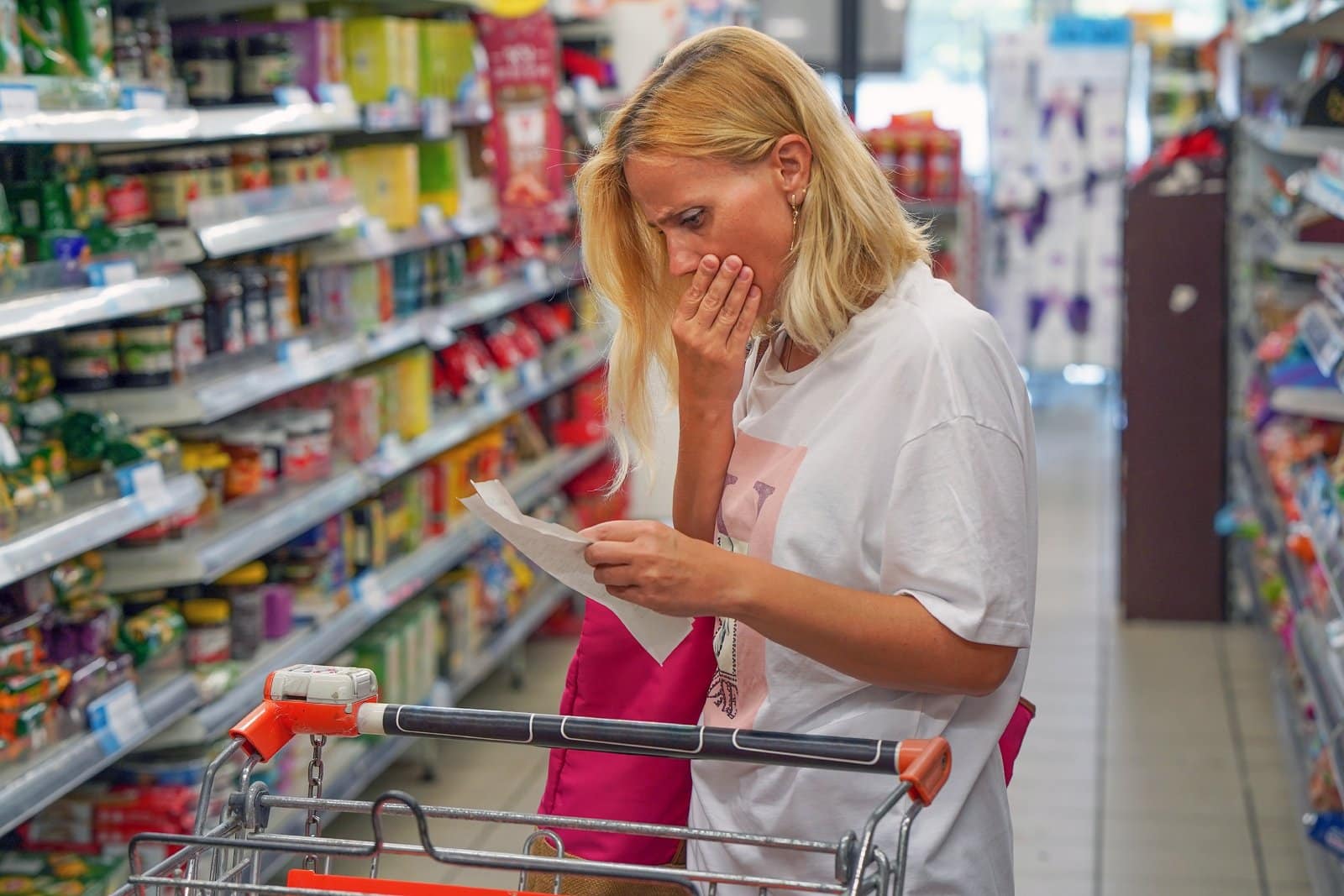
Despite the government’s protestations, the severe backlash from suppliers and retailers suggests that all is decidedly not well. With food poverty already a very real problem in the UK, shortages and price hikes loom large over a country that is already on its knees economically.
More Articles Like This…
Broken Britain: 12 Reasons Behind the UK’s Decline
Say the Unsayable: 10 Occasions When Farage Spoke His Mind About Britain
The post New Brexit Import Checks Raise Concerns of Food Shortages in the UK first appeared on Edge Media.
Featured Image Credit: Shutterstock / Dusan Petkovic.
Grant Gallacher is a seasoned writer with expertise in politics and impactful daily news. His work, deeply rooted in addressing issues that resonate with a wide audience, showcases an unwavering commitment to bringing forth the stories that matter. He is also known for satirical writing and stand up comedy.

